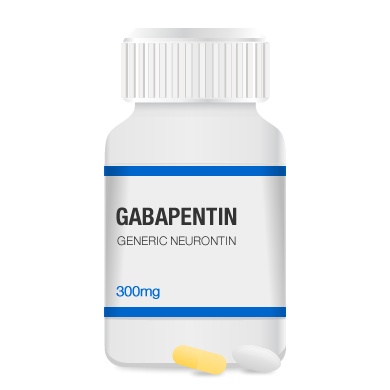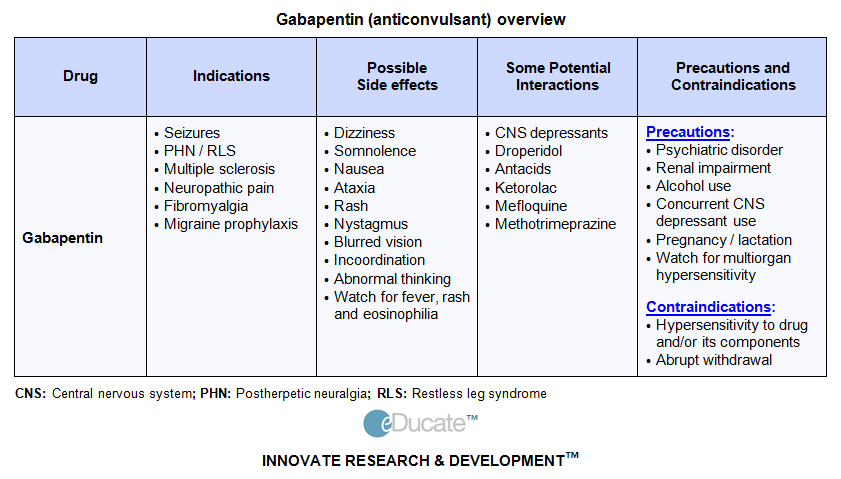In today’s busy and stressful life, more and more people have experienced a severe or debilitating headache.

Using pain medications is a quick way that many choose to relieve headache symptoms. However , this method is not effective completely because it only works for a short period of time. Moreover, if you overuse these medications during weeks, it will lead to rebound headaches.
There are several ways to avoid headaches. Here are some tips:
Stay Hydrated
Dehydration can cause headaches, so it’s important to drink enough water throughout the day. One of reasons for having a headache is dehydration. You are advised to consume at least eight glasses of water or other fluids a day to ward off dehydration. When your head begins hurting, you should drink a glass of water to ease the pain. People who often suffer a headache are told to drink an additional 1 . 5 litres of water a day for 12 weeks.
Manage Stress
Stress is a common trigger for headaches, so finding ways to manage stress, such as exercise, meditation, or deep breathing, can help prevent them. Stress is the number one cause of headaches, so it is important to eliminate it to keep your mind, body and spirit relaxed. You can get into an exercise program, go for a walk, read a book or go shopping if that works for you. You can also delegate your work to others to reduce stress and pressure .
Enough sleep
Get enough sleep: Lack of sleep can cause headaches, so it’s important to get enough sleep each night. Most adults need 7-9 hours of sleep per night. Sticking to a sleep schedule can help you avoid pain. Headache sufferers are advised to go to bed and wake up at the same time every day. Therefore , you should take a nap or sleep the number of hours you need to feel alert and rested. Make sure you have a comfortable pillow, peaceful and quiet environment to get a good night’s sleep.
Avoid Triggers
Avoid triggers: Identify any triggers that may cause your headaches, such as certain foods or activities, and try to avoid them.
Exercise regularly
Exercise regularly: Regular exercise can help reduce the frequency and severity of headaches. Another way to prevent a headache is doing exercise regularly because it helps improve the production of endorphins, the brain’s natural painkillers. Besides, practicing relaxation techniques can be remarkably effective in addressing your headache. Relaxation exercises will manage your pain well. They are easy to learn and implement, too. Meditation and deep breathing are among the most common options to beat a headache. Practicing yoga is another way to keep you refreshed and stress free.
Maintain good posture
Maintain good posture: Poor posture can cause tension headaches, so it’s important to maintain good posture, especially if you spend a lot of time sitting at a desk.
Limit alcohol and caffeine
Limit alcohol and caffeine: Excessive alcohol and caffeine consumption can cause headaches, so it’s important to limit your intake.
Take breaks from screen time
Take breaks from screen time: Staring at a computer or phone screen for extended periods of time can cause headaches, so it’s important to take regular breaks and rest your eyes.
Treat underlying conditions
If you have an underlying condition that may be causing your headaches, such as high blood pressure or anxiety, it’s important to treat that condition to help prevent headaches.
Here are 7 ways without using drugs that help you to avoid a headache or better manage it if it occurs.
Snack on nuts and seeds
Lack of food can trigger headaches but there are some foods can cause it such as chocolate, red wine, aged cheeses, processed meats and more. So you need watch what you eat to alleviate your headache. You can replace those foods with nuts and seeds that are an excellent source of magnesium. This mineral, which acts as a muscle relaxant, can be found in large amounts in oats, green leafy vegetables, beans, peas, etc .
Wear your hair down
Wearing a tight-fitting hat, plait, chignon and Alice band is another reason for headaches because your hair is pull back, straining the connective tissue in the scalp. So the best way to avoid a headache is keeping your hair down instead of sporting a ponytail.
Massage your scalp, neck and earlobes
Massage therapy is a nice way to help you relieve tension and improve circulation. It also helps relax the tense muscles and cause them to place less pressure on the nerves and blood vessels. So you should massage your scalp and earlobes by yourself and have someone else massage your neck and back if possible. Make sure you press the areas lightly and use tiny circular movements while you keep massaging.
Prevention Medicine of Headache
Medications can help prevent frequent migraines. Your doctor might recommend preventive medications if you have frequent, long-lasting or severe headaches that don’t respond well to treatment.
Preventive medication is aimed at reducing how often you get a migraine, how severe the attacks are and how long they last. Options include:
- Blood pressure-lowering medications. These include beta blockers such as propranolol (Inderal, InnoPran XL, others) and metoprolol tartrate (Lopressor). Calcium channel blockers such as verapamil (Verelan) can be helpful in preventing migraines with aura.
- Antidepressants. A tricyclic antidepressant (amitriptyline) can prevent migraines. Because of the side effects of amitriptyline, such as sleepiness, other antidepressants might be prescribed instead.
- Anti-seizure drugs. Valproate and topiramate (Topamax, Qudexy XR, others) might help if you have less frequent migraines, but can cause side effects such as dizziness, weight changes, nausea and more. These medications are not recommended for pregnant women or women trying to get pregnant.
- Botox injections. Injections of onabotulinumtoxinA (Botox) about every 12 weeks help prevent migraines in some adults.
- CGRP monoclonal antibodies. Erenumab-aooe (Aimovig), fremanezumab-vfrm (Ajovy), galcanezumab-gnlm (Emgality), and eptinezumab-jjmr (Vyepti) are newer drugs approved by the Food and Drug Administration to treat migraines. They’re given monthly or quarterly by injection. The most common side effect is a reaction at the injection site.
In patients with episodic migraine, does gabapentin (Neurontin) reduce the frequency of headaches as a prophylactic therapy?
Based on inconsistent or limited-quality patient-oriented evidence, gabapentin is not recommended for prophylactic therapy to decrease the frequency of migraine headaches (Strength of Recommendation: B). While some previous systematic reviews have given cautious support for the use of gabapentin for migraine prophylaxis based on poor-quality evidence, new data from not-yet-published industry-sponsored trials of gabapentin for migraine have come to light during litigation against the drug manufacturer. Based on the results of five studies involving 1,009 patients, the authors of this evidence-based answer have changed their conclusion.
Four trials with a total of 351 patients compared gabapentin in a dosage of 900 to 2,400 mg per day with placebo. The meta-analysis found no significant reduction in the frequency of migraine headache. Pooled results of two studies with 235 patients comparing the proportion of responders (at least 50% improvement in frequency of headaches) between those treated with up to 2,400 mg of gabapentin vs. placebo failed to show a difference. One study analyzed prophylactic use of the prodrug gabapentin enacarbil (Horizant) titrated up to 3,000 mg daily and failed to find any benefit.
Patients taking gabapentin often reported adverse effects, most commonly dizziness, drowsiness, and abnormal thinking. The number needed to harm (NNH) for dizziness, drowsiness, and abnormal thinking were 7, 9, and 20, respectively.
According to the Quality Standards Subcommittee of the American Academy of Neurology and the American Headache Society, prophylaxis should be offered to anyone whose daily activities are severely impaired, or when acute drug treatment is inadequate. The antiepileptic drugs topiramate and valproic acid are considered first-line prophylactic agents. However, the guidelines state that the evidence is inadequate to recommend the use of gabapentin for migraine prevention. Considering gabapentin is not effective and commonly causes adverse effects, family physicians should consider alternative prophylaxis options for migraine headache.


